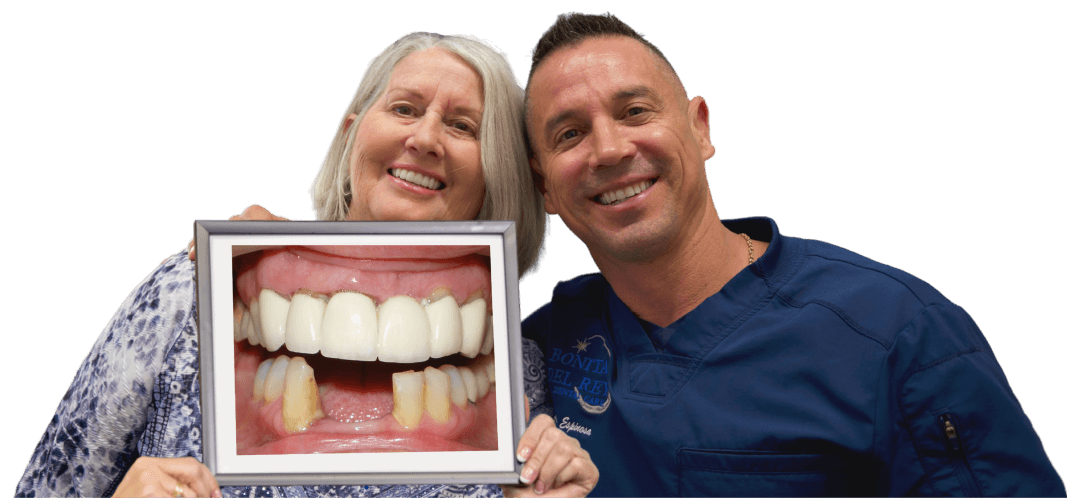It’s that time of year…family vacations, outdoor sports and fun in the sun. So many great recreational activities to enjoy, and we want you to have the best summer ever. Here are some helpful dental tips to keep you and yours healthy and safe during the summer months.
-
- Drink plenty of water! By choosing water over those sugar-laden beverages like fruit juice or sodas, you can reduce the risk of cavities. Plus, you will keep yourself hydrated while playing at the beach or training for the next marathon. The health authorities commonly recommend eight 8-ounce glasses, which equals about 2 liters, or half a gallon. That said, you can always drink more. In fact, depending on where you live or travel, and what activities you’re enjoying, you may need more.
-
- Eat healthy summer snacks. You’re at your friend’s bbq and you’re ready to dive into that table of fresh baked cookies and pies, oh my. Consider taking your own snacks like a cheese plate, veggie tray, fresh fruit salad and/or bowl of mixed nuts. This will help you stay away from those sweet treats and keep your energy levels high for the pool volleyball match.
-
- Use a protective mouth guard. You’re involved in more activities during the summer months, and your teeth are probably more exposed to possible injury. It’s a good idea to invest in a mouth guard to protect that beautiful smile. There are several types of mouth guards including standard/off-the-shelf, mouth-formed protectors and custom-made mouth protectors. Contact Dr. Espinosa and team to find out which is best for you.
-
- Plan for a dental emergency. You may be visiting family or venturing off to the Bahamas on that amazing cruise you’ve been planning. Regardless of your trip, make sure you have a plan if you come across a dental emergency. It may be that bag of corn nuts or just a slight tooth ache that can ruin your entire vacation. Brush up on dental emergencies
-
- Schedule your dental check-up. Now is the best time to schedule your dental check-up. You may not realize this, but several summer sports may lead to greater risk for treating your smile. For example, “those who swim more than six hours a week continually expose their teeth to chemically treated water. Pool water contains chemical additives, which give the water a higher pH than saliva. As a result, salivary proteins break down quickly and form organic deposits on teeth. These hard, brown deposits, known as “swimmers’ calculus,” appear most frequently on the front teeth.” (Delta Dental)
Dr. Espinosa and the Bonita Del Rey team are here to assist you with any questions you may have. We want you to have the very best, most enjoyable summer. So please, contact our office for questions, dental check-up appointments, free dental consultations and/or second opinions. We are here for you!











